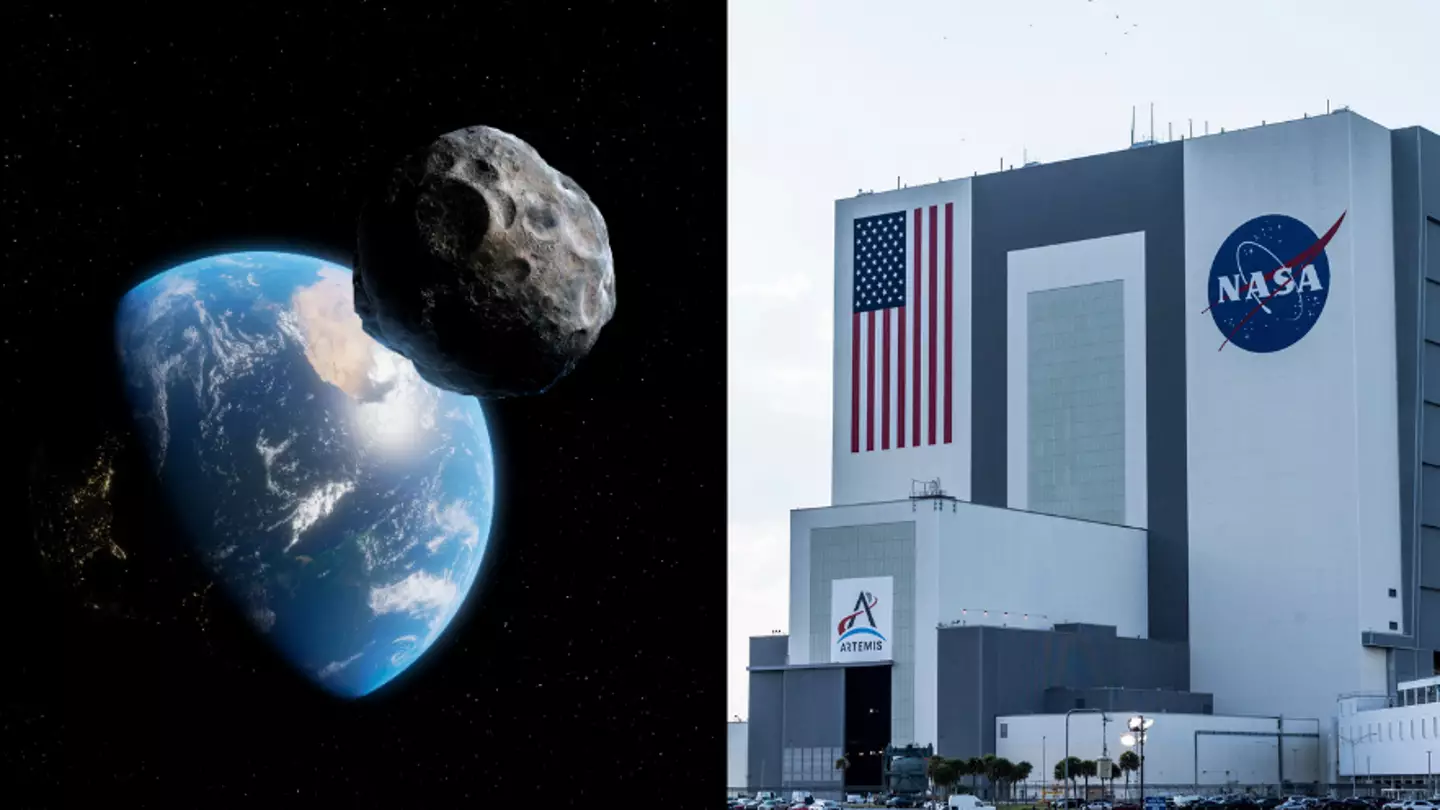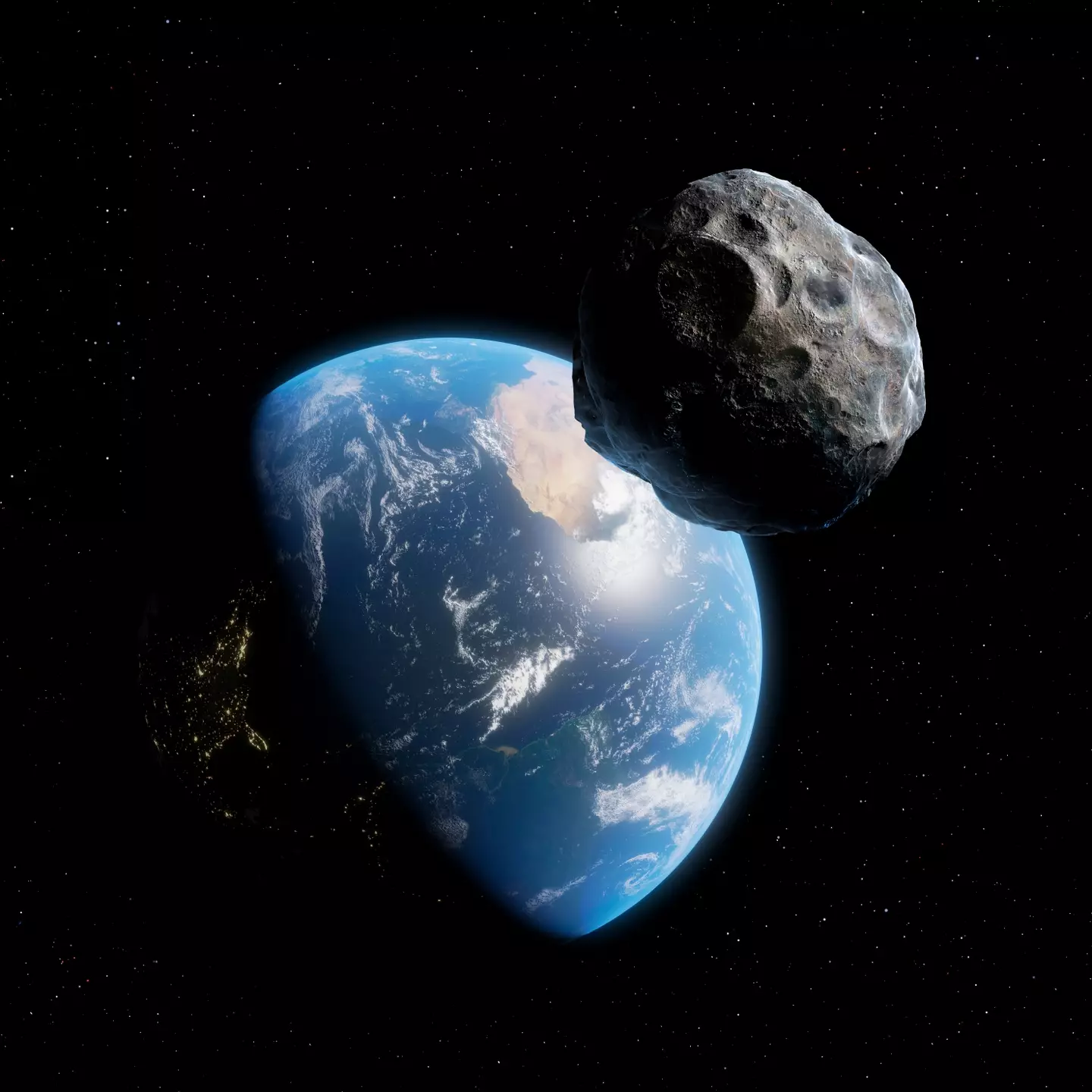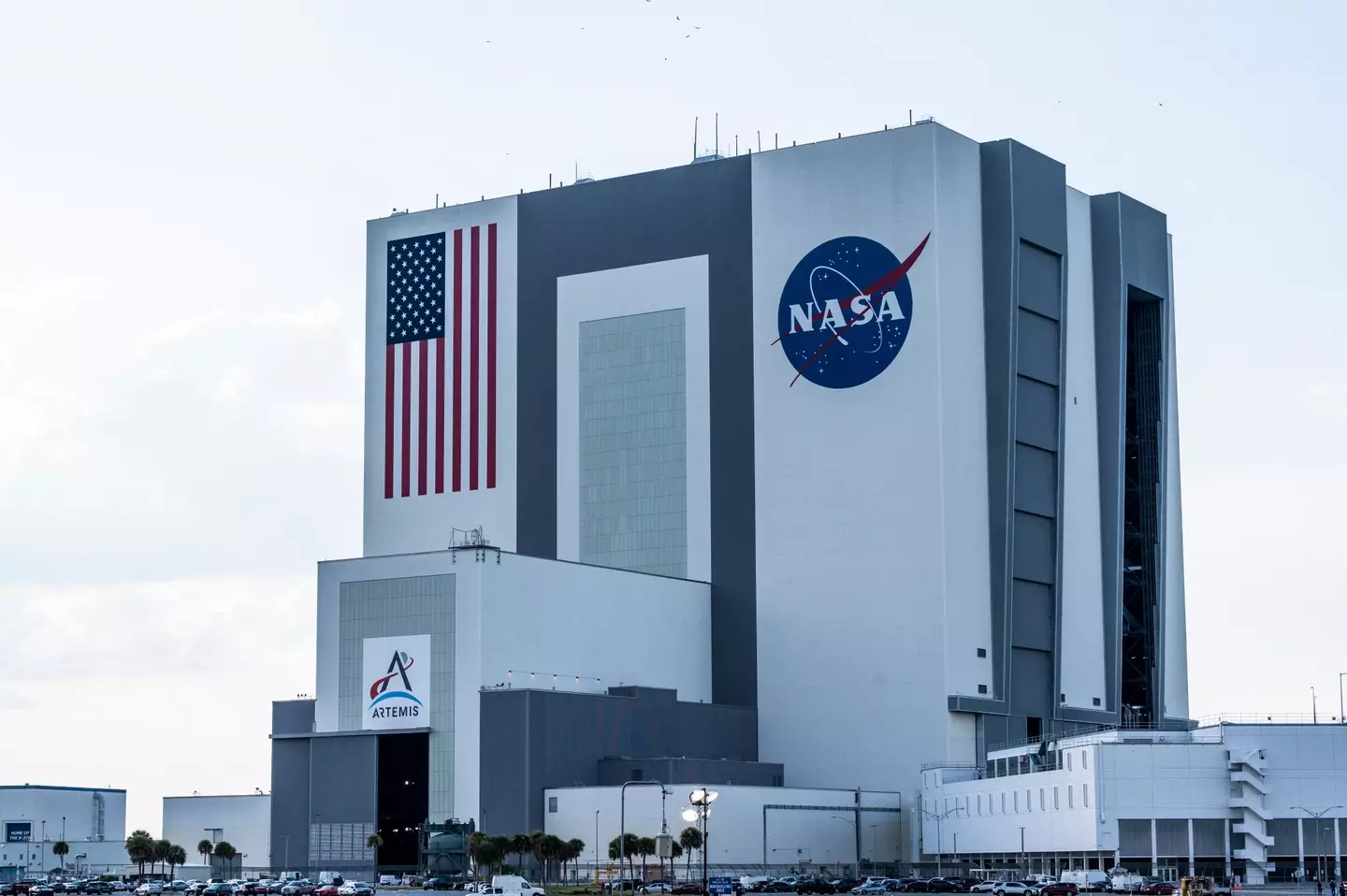
The idea of an asteroid heading full-pelt towards Earth is enough to make you shudder. And while it's a story that is thankfully reserved to fiction through the likes of Michael Bay's 1998 classic Armageddon, of course NASA has a plan in place just in case it becomes reality.
When it's not looking at ways we can get astronauts to Mars, the American space agency is also reviewing its contingency plans in case of cosmic chaos.
"There are no known threats to Earth, but planetary defense expert Dr Kelly Fast says it’s important to find the asteroids before they find us," NASA notes.
Advert
"That’s why NASA’s Planetary Defense Coordination Office keeps its eyes on the skies."
After all, we don't want humanity to go the way of the dinosaurs.
Well, NASA has explained all when it comes to preparation. Sitting down with NASA asteroid expert Dr Kelly Fast, she explains what would happen if fiction became reality.
"Well, it's important to find asteroids before they find us in case we need to get them before they get us," Dr Fast said.
"An asteroid impact is the only natural disaster that could be prevented.

"NASA's Planetary Defense Coordination Office supports projects to discover asteroids and to calculate their orbits far into the future.
"If an asteroid impact threat is discovered years or decades in advance, then a deflection mission might be possible. The first order of business for planetary defense is to find the asteroids."
As well as trying to identify and blow up the threat, NASA would send out an official alert, first to the government of the country the asteroid was predicted to impact and then the entire world. The public would have to be informed about the threat and the United Nations made aware.
According to previous reports, if an asteroid was years away then humanity would attempt to deflect it and prevent it from ever reaching our planet. But less than five years before impact and the asteroid would have to be blown up and destroyed instead of redirected.

In 2022, NASA blew up an asteroid in deep space through its Double Asteroid Redirection Test (DART) mission.
It was a way of testing what Dr Fast was talking about; how can we measure up against killer asteroids if the threat becomes real.
The $324 million scientific experiment calculated how much momentum would be needed to deflect the asteroid when hitting it head on.
DART smashed into the asteroid of choice, called Dimorphos, which was a minor-planet moon of the asteroid called Didymos. Dimorphos posed zero threat to Earth during the experiment, with it being around 11 million kilometres from our planet when struck.
The experiment was an overwhelming success, shortening its orbit of Didymos by 32 minutes when the experiment had hoped to shorten it by 73 seconds.
Topics: NASA, Space, Technology, World News